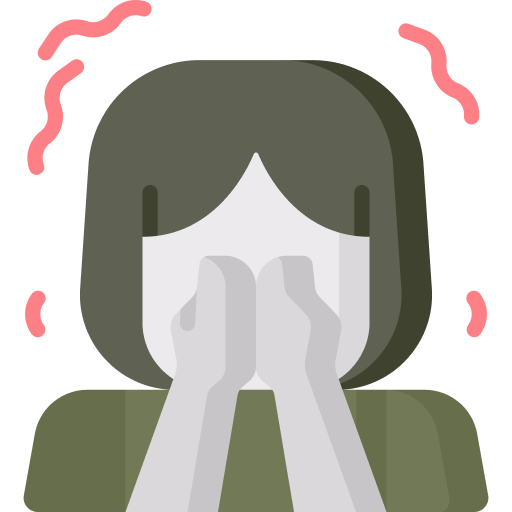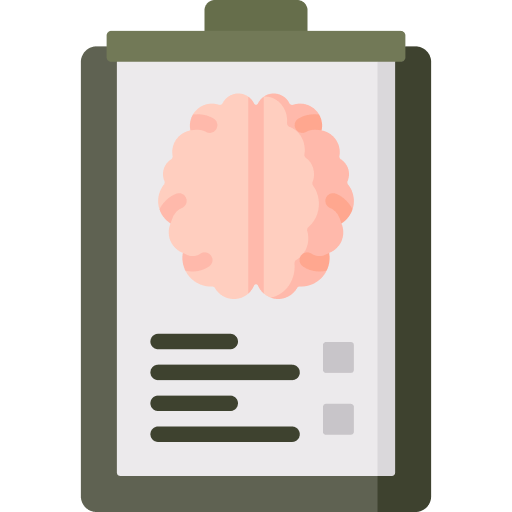Understanding
Stress
What is Stress?
Stress is a natural physical and emotional response to the demands and pressures of life. It can arise from various sources, including work, relationships, financial problems, health issues, and major life changes. While being a normal part of life and can sometimes be beneficial in motivating individuals to achieve goals, chronic or excessive stress can negatively impact physical and mental health.
Symptoms of Stress

Emotional Symptoms
Anxiety, irritability, depression, mood swings, and feeling overwhelmed.

Physical Symptoms
Headaches, muscle tension, fatigue, changes in appetite, and sleep disturbances.

Cognitive Symptoms
Difficulty concentrating, memory problems, negative thinking, and constant worrying.

Behavioral Symptoms
Changes in eating habits, increased use of alcohol or drugs, social withdrawal, and neglecting responsibilities.
What are the Causes?

Work-Related
Job demands, tight deadlines, conflicts with colleagues, and job insecurity.

Relationships
Conflicts with family members, friends, or partners.

Financial
Debt, unemployment, unexpected expenses, and financial instability.

Health-Related
Chronic illness, injury, or concerns about personal or family health.

Life Changes
Moving, starting a new job, marriage, divorce, or the birth of a child.

Environmental
Noise, pollution, overcrowding, and living conditions.
The Impact of Stress
- Physical Health: Increased risk of heart disease, high blood pressure, diabetes, and other health problems.
- Mental Health: Development or exacerbation of anxiety, depression, and other mental health disorders.
- Relationships: Strain and conflicts in personal and professional relationships.
- Productivity: Decreased ability to focus, reduced efficiency, and impaired decision-making.
Treatments for Stress Management
Acceptance and Commitment Therapy (ACT)
ACT helps individuals accept their dissociative experiences while committing to making meaningful changes in their lives. It focuses on:
-
- Mindfulness: Encouraging present-moment awareness to reduce the impact of past trauma on current experiences.
- Values Clarification: Helping clients identify their core values and commit to actions that align with those values.
- Psychological Flexibility: Enhancing the ability to adapt to challenging situations and emotions without being overwhelmed.
Cognitive Processing Therapy (CPT)
CPT is a cognitive-behavioral therapy that helps individuals challenge and change unhelpful thoughts related to stress and life changes. It focuses on:
- Identifying Maladaptive Thoughts: Recognizing negative thought patterns that contribute to distress.
- Cognitive Restructuring: Reframing these thoughts to promote healthier thinking.
- Behavioral Activation: Encouraging engagement in meaningful activities to improve mood and reduce isolation.
Eye Movement Desensitization and Reprocessing (EMDR)
EMDR is a highly effective therapy for processing and resolving traumatic memories that contribute to dissociative symptoms. It helps clients:
-
- Reprocess Traumatic Memories: Through guided eye movements, clients can reprocess traumatic memories, reducing their emotional impact.
- Develop Positive Beliefs: Replace negative beliefs about the trauma with more adaptive, positive beliefs.
- Enhance Coping Skills: Learn new coping strategies to manage stress and emotional distress.
Why Choose Clear River Counseling & Wellness?

Experienced Therapists
Our team of therapists has extensive experience in helping individuals improve their communication skills.

Personalized Approach
Each client receives a customized plan tailored to their specific needs and goals.

Holistic Care
We consider the interconnectedness of mental, emotional, and physical well-being in our treatment plans.

Supportive Environment
We provide a safe, non-judgmental space for clients to practice and enhance their communication skills.
